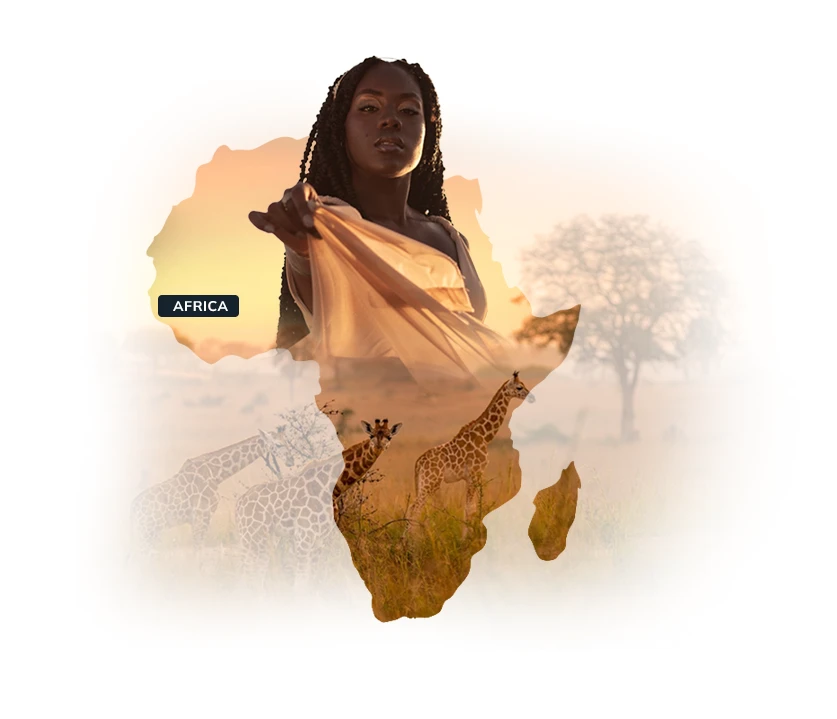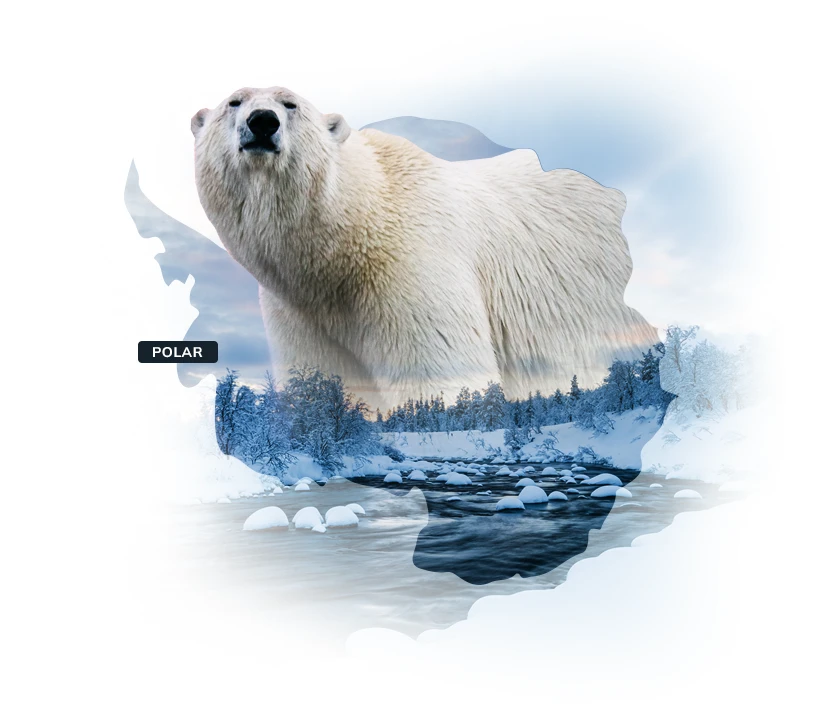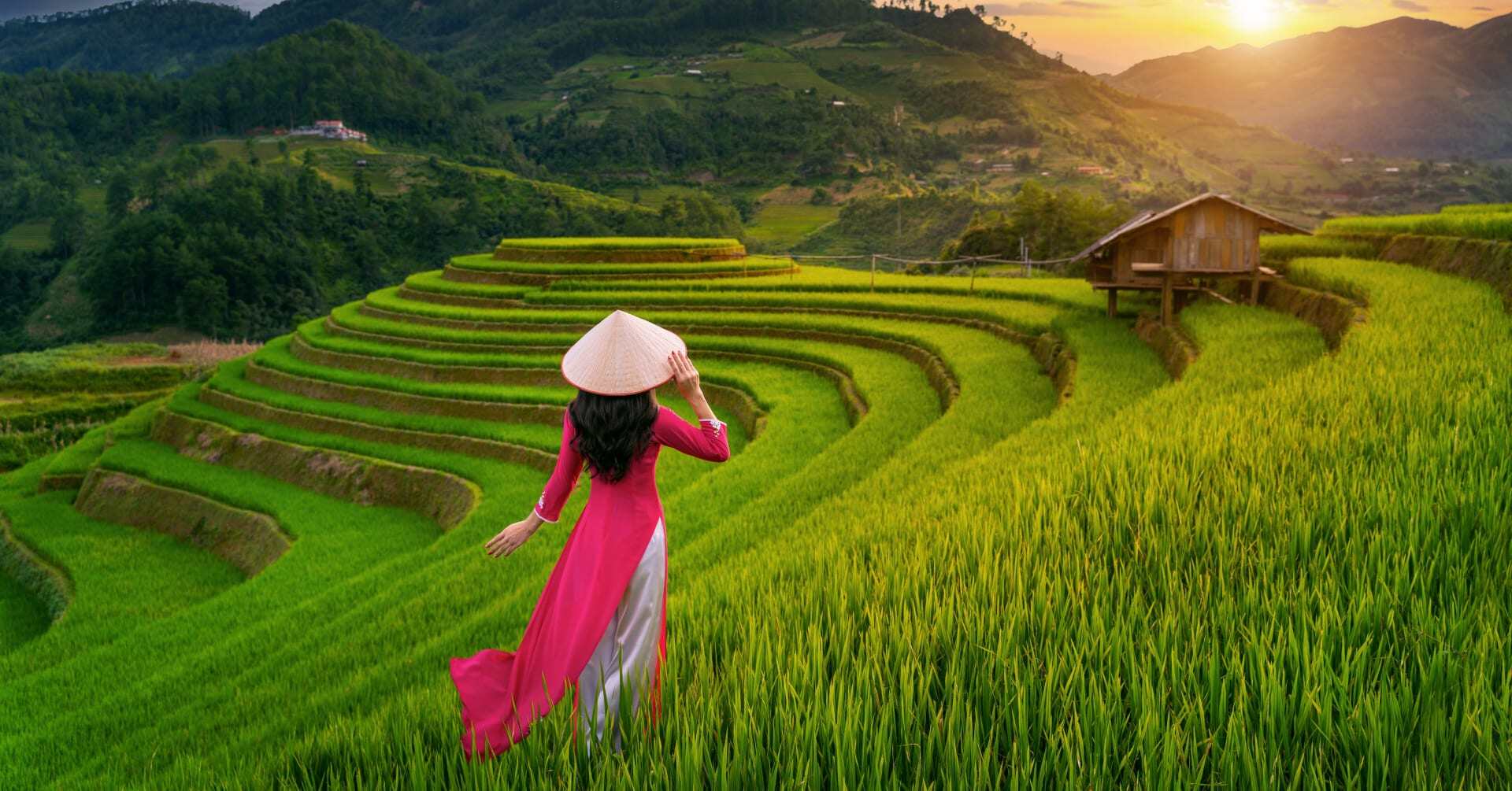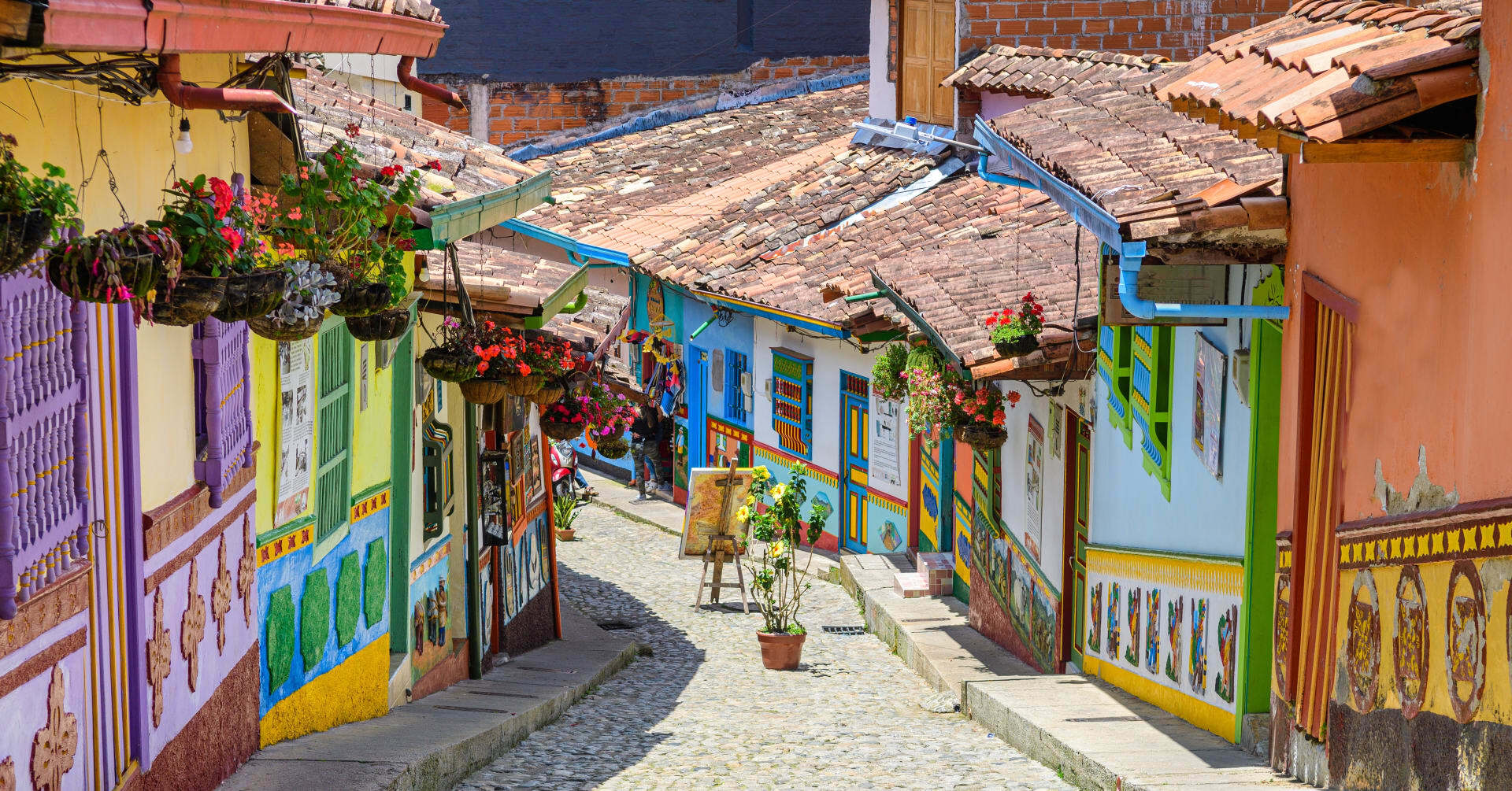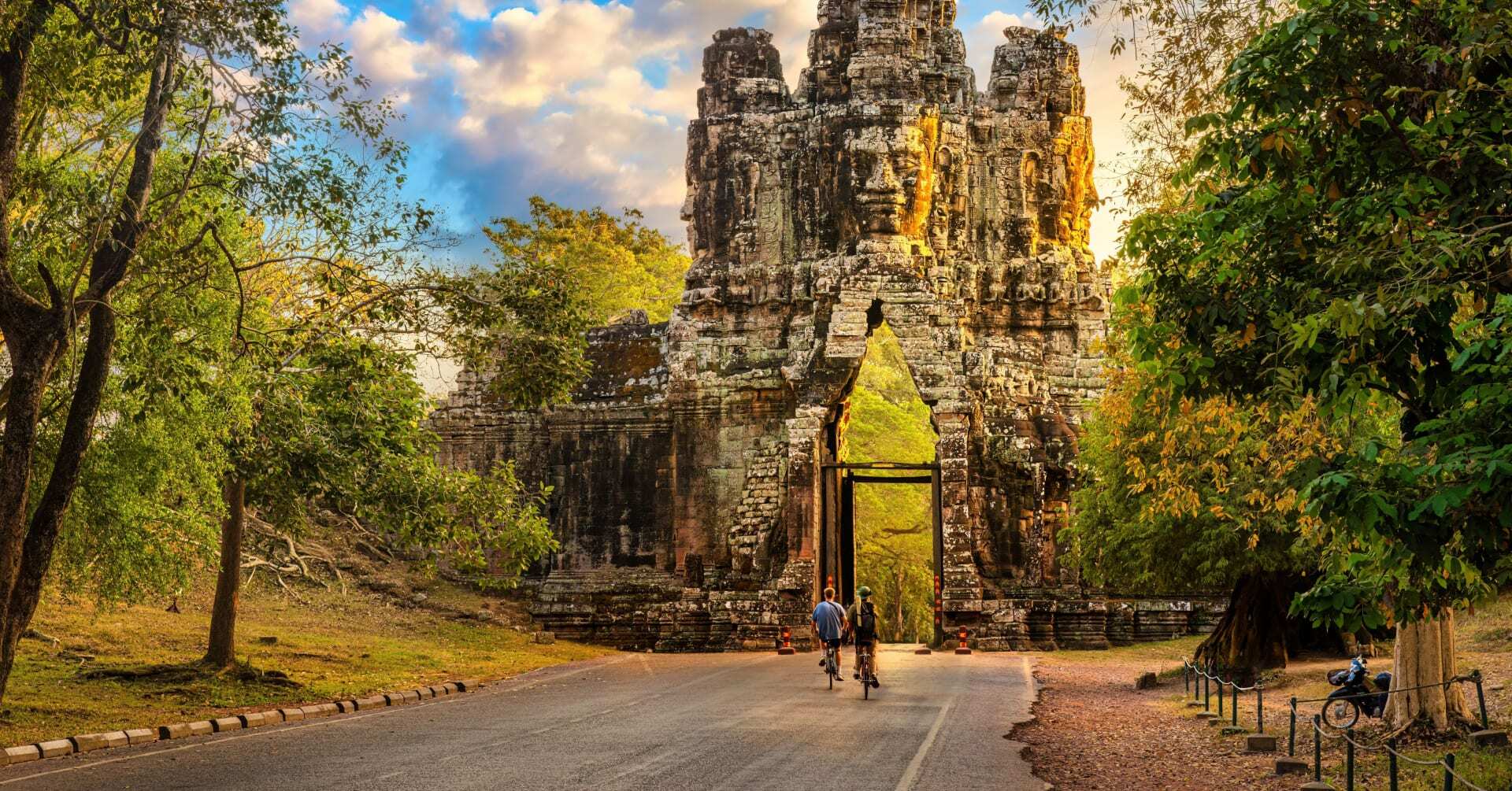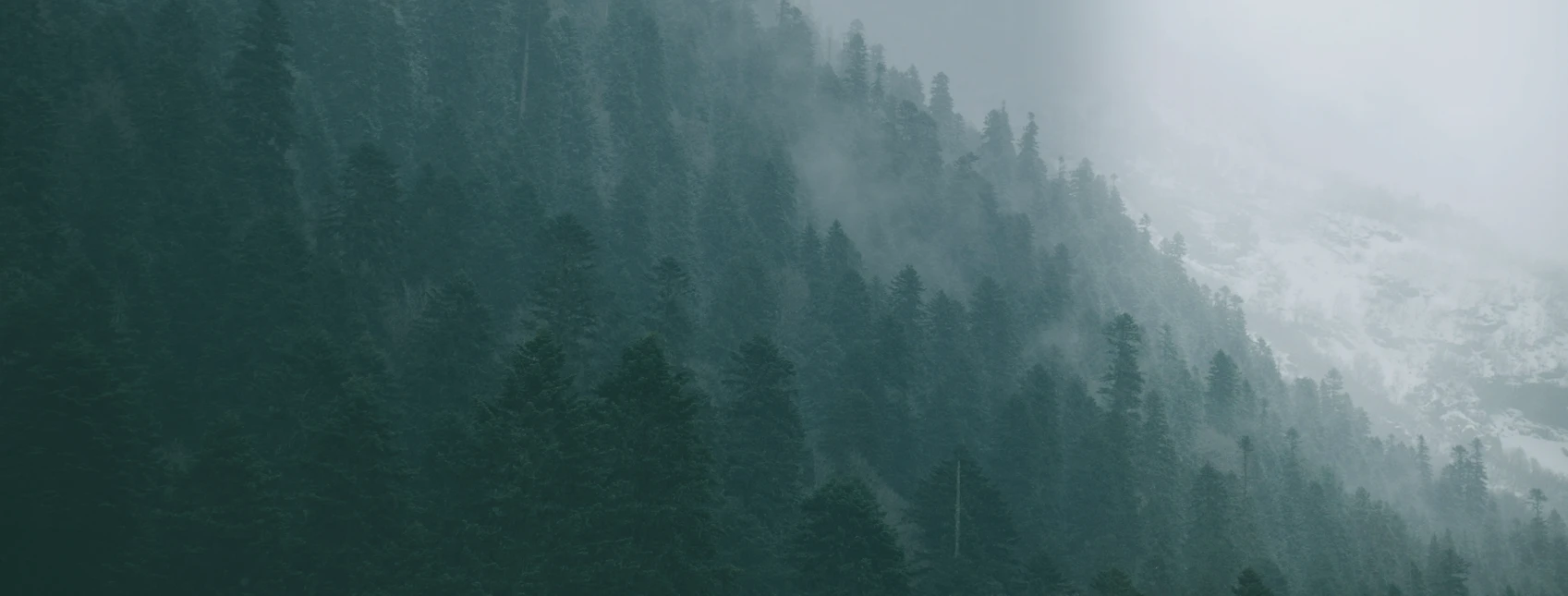Learn about Chile's endangered landscapes and diverse cultures
Renowned for its astonishing ecological diversity, Chile’s myriad of regions also encompass a diverse fabric of cultures.
Travellers to Chile can wander the streets of Santiago and Valparaiso, discovering the country’s rich history through it’s socially-charged street art, or visit family-owned vineyards to learn about both traditional and modern wine-growing methods.
Witness one of the most remote and magnetic cultures in the world on Easter Island (Rapa Nui), strewn with the fascinating archaeological sites of the native Polynesian Rapa Nui people.
You can go from re-tracing the footsteps of ancient nomadic communities of the Atacama Desert, to hearing the stories of the indigenous people of Patagonia and sharing a meal on a traditional ranch, surrounded by some of the greatest natural wonders in the world.
It’s incredibly important to protect these precious ecosystems and to support the local communities and indigenous populations.
At Wayfairer, we are committed to responsible, sustainable and ethical tourism in Chile and we’re proud to work with fantastic local operators who share our responsible tourism values.
We encourage all visitors to Chile to travel in a responsible and respectful manner, ensuring their visit leaves a positive impact. Here are our top tips for a responsible holiday in Chile.
Environment & Wildlife in Chile

Chile is home to some of the most pristine corners of the planet, and while an excellent system of national parks and reserves is working to preserve portions of this beautiful environment, deforestation and mining is threatening it all.
Between 1985 and 1995, nearly two million hectares of Chile’s native temperate rainforests were destroyed by loggers and replaced with pine and eucalyptus tree farms. While Chile now has the largest pine plantations in the world, they are also facing the extinction of their precious rainforest.
Chile has the second largest expanse of temperate rainforest, out of only seven of these rare ecosystems that exist in the world. It’s home to an incredible diversity of species that are endemic to Chile, including the hummingbird and the pudú, the world’s smallest deer.
As loggers continue to raze these irreplaceable ecosystems, Chile's unique animal and tree species become threatened with extinction.
Along with the rainforests, Chile’s glaciers are also threatened by human activity. Although mining is a major industry in Chile, it’s also ruining the environment by spouting dangerous chemicals into the air and destroying crucial water sources.
When mining companies operate near glaciers, arsenic-laden dust covers and contaminates the glaciers. Along with accelerating the melting of the glaciers, it also threatens one of Chile’s most crucial water supplies.
With around three-quarters of Chile’s population relying on the fresh water that melts from the glaciers, an urgent intervention needs to happen to protect the glaciers and prevent irresponsible mining.
Top Environment & Wildlife Tips for Chile
Pay the entry fees
Most national parks across Chile require an entry fee and paying these fees is one of the best ways you can support the national park systems, as the money goes towards the maintenance and protection of the national parks.
When Chile’s incredible landscapes are preserved, more travellers are drawn to the country, which boosts the tourism industry and provides income and jobs for local people.
If both the government and Chilean citizens equate environmental conservation with increased income and opportunities, they will have even more reason to protect the environment.
Support the rainforests
You can support the preservation of the rainforests by visiting protected areas, including the Alerce Costero National Park. The area protects alerce trees, an ancient evergreen tree that has been widely destroyed, as well as the wildlife and endangered Chaihuin indigenous people of the region.
Leave no trace
Whatever you take in, you must take out. This is important wherever you travel, however it’s particularly crucial in remote regions or wilderness areas, where locals may not have adequate facilities to dispose of your waste. Try to avoid plastic bags, always take your rubbish with you, and use a refillable water bottle.
It is illegal to light campfires in wilderness areas in Chile, as they can quickly get out of control and destroy precious forests and wildlife. You should also abstain from smoking in these areas, to avoid starting a fire and polluting the beautiful environment.
Don’t waste water
From the dry desert in the north, to the wild peaks of Patagonia, Chile often struggles with water scarcity. Try not to waste more than you need.
Responsible Wildlife Watching
Chiloe Island, Patagonia, and Chile’s long western shoreline are all fantastic places to spot incredible wildlife including blue whales, sperm whales, dolphins and even the elusive Puma.
However, many whale and dolphin watching tours can be incredibly destructive to the animals and the environment, and it’s important to avoid any activities that harm wildlife including feeding or touching them.
If you have any concerns or questions about your wildlife watching activities, speak to our Luxury Travel Specialists, who can advise you on the best responsible tours and lodges.
People & Culture in Chile

Chilean people and culture stem from a mix of indigenous cultures and Spanish colonial influences.
Their rich indigenous culture spans across the country, from the Mapuche in southern Chile, to the Huasos in central Chile, to the Rapa Nui of Easter Island.
While Mapuche languages are the most widely spoken native language across Chile, the traditional music and dance of the Huasos is an integral part of Chilean folk culture.
Along with literature, sculpture and painting, the arts have long played an important role in Chilean culture.
Known as the ‘Land of the Poets’, the country has produced two Nobel Laureates for Literature and Chilean artists have produced internationally renowned masterpieces including sculptor Rebeca Matte.
On Easter Island, known as Rapa Nui to it’s Polynesian inhabitants, their unique culture and archaeological sites are well preserved. From the mysterious, stone-carved moai statues, to the ceremonial villages and major festivals, the Rapa Nui culture continues to be celebrated.
Unfortunately, many indigenous cultures and communities continue to suffer at the hands of development and colonialism, with foreign investors rushing in to grab pristine tracts of wilderness.
They buy millions of hectares of forests, rivers and lakes, to turn into livestock farms and resorts, with little regard for the indigenous people who have lived on Patagonian land for centuries, caring for it as their ancestral home.
While governments and corporations see the land as a source of income, the indigenous people share a deep, spiritual connection with the land, and it's a sacred part of their origins.
As large chunks of land are wiped out for shiny new developments, communities are destroyed and cultures begin to die.
You can help by visiting protected parks, paying entrance fees, hiring local guides, visiting local communities and traditional ranches, and sharing the stories of the indigenous people and their land.
Top People & Culture Tips for Chile
Hire a local guide
When you visit local communities and hire local guides, you empower people to use their lands in a sustainable way to create income and opportunities. Listening to their stories and learning about their culture and traditions is a unique, enriching experience that cannot be replicated.
If you’d like to experience Chile through the eyes of a local, our Luxury Travel Specialists can organise tours with expert, local guides. At Wayfairer, we are proud to employ local guides and pay fair wages that often exceed government standards, which also reduces the reliance on tipping for livelihoods.
Be respectful
In a country with a broad range of cultures, it’s important to treat everyone with respect during your visit. Always greet people politely and don’t take their photograph without their permission.
Enrich your holiday by learning about the country from the locals, and honour the indigenous population by trekking with local guides or participating in traditional events.
Learn some phrases
Spanish is the official language of Chile, with around 95% of Chileans speaking Spanish as their first language.
Known as Chilean Spanish, this Spanish dialect is similar to Andalusian Spanish and can be difficult for speakers of Castilian Spanish (Spanish dialect originating in Spain) to understand, due to varying pronunciation and local slang.
Chile also has a small number of native languages spoken around the country, although at least seven languages have gone extinct and more are in danger of extinction. The most common native language is Mapudungun, spoken by 114,000 of the 1,700,000 Mapuche living in the southern regions of Chile.
Chilean Quechua is spoken by 8,200 people in the far northeast high plains and is very similar to South Bolivian Quechua, while Rapa Nui is the Polynesian language of Easter Island, spoken by 3,200 Chileans living on Easter Island and 200 people on the mainland.
While many Chileans can speak or understand English, you may find it useful to learn a few Spanish phrases before you go. Learning even just a few words can help to build a rapport with the local and lead to some wonderful cultural interactions.
Here are few Spanish phrases to get you started:
Hello - Hola Welcome - Bienvenidas Good morning - Buenos días Good afternoon - Buenas tardes Good evening - Buenas noches Cómo estás? - How are you? (informal; used with friends and family) Cómo está usted? - How are you? (formal; used with strangers or seniors) I am fine - Estoy bien Nice to meet you - Mucho gusto I need help - Necesito ayuda I do not understand - Yo no comprendo Thank you - Gracias Excuse me - Perdón Sorry - Lo siento Please - Por favor Goodbye - Adiós See you later - Hasta luego Cheers! - Salud!
Responsible Accommodation in Chile

Wayfairer is proud to partner with a range of luxury hotels and lodges who share our responsible travel values.
You’ll stay in properties which prioritise sustainability by using locally-sourced materials and produce, hiring local staff, conducting ethical wildlife activities and operating conservation and community initiatives.
You can get a glimpse of traditional Rapa Nui culture at Hangaroa Eco Village & Spa on Easter Island (Rapa Nui), a beautiful eco-retreat with a design inspired by the Orongo ceremonial village and the natural materials found around the island.
You can also follow in the footsteps of the old caravan communities of the Atacama Desert, following local guides and camels as you learn about the traditions of their ancestors.
At Alto Atacama Desert Lodge & Spa, more than half of their staff are indigenous and you can explore the desert landscapes or stargaze through their open air observatory, while listening to their rich stories and learning about their customs.
In southern Chile, you’ll explore all the natural wonders of Patagonia with expert local guides from Tierra Patagonia Hotel & Spa, or stay at Weskar Lodge, a family-run property in Puerto Natales, where the rooms are brightened with hand-woven furnishings spun by the family’s grandmother.
Top Responsible Accommodation Tips for Chile
Tip the staff
It's customary to tip 10% of the bill in restaurants and cafes (the bill may include it under 'servicio'). You can also tip your hotel staff, porters and tour guides at your discretion. Taxi drivers do not require a tip but it’s acceptable to round off the fare.
Pack for a Purpose
A great way to contribute to the community is through the fantastic Pack for a Purpose program, where you use a small amount of space in your luggage to bring supplies for local community initiatives, such as educational or medical materials. You can leave your donations with partner hotels and lodges who will pass them on to the schools, medical centres or conservation projects.


